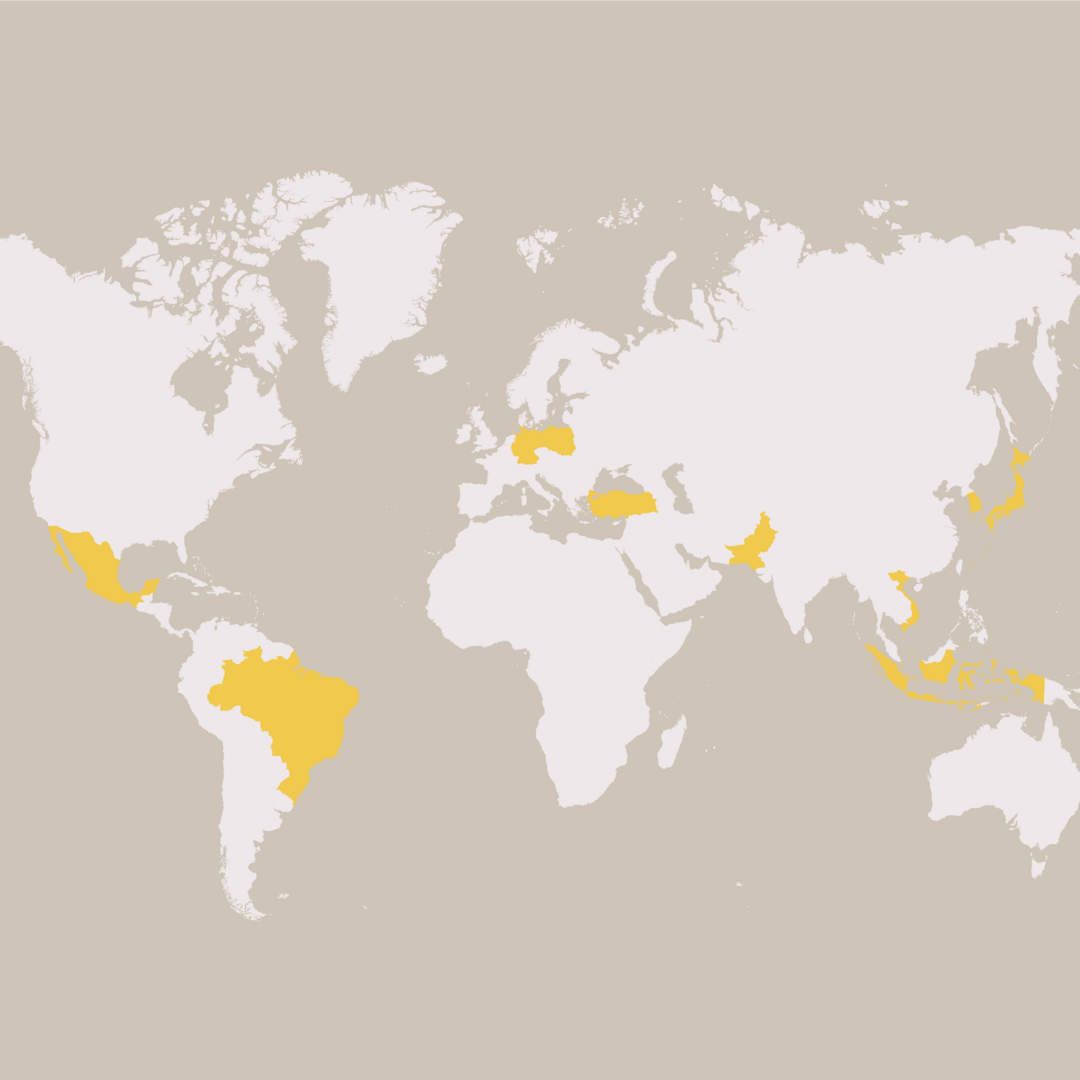
INETTT publication showcases global energy transition insights
Policy case studies from the International Network of Energy Transition Think Tanks
As countries worldwide announce increasingly ambitious climate targets for 2030 and beyond, the International Network of Energy Transition Think Tanks (INETTT) is helping turn those pledges into reality through strategic research, collaboration and policy support.
Founded in December 2020, INETTT brings together independent, mission-driven think tanks from across the globe, aiming to accelerate just and effective energy transitions and to support progress towards the goals of the Paris Agreement.
INETTT’s new publication, entitled The net-zero energy transition: Policy case studies from the International Network of Energy Transition Think Tanks, presents a comprehensive snapshot of energy and climate policy developments across its member countries – including Germany, Poland, Japan, South Korea, Indonesia, Pakistan, the Philippines, Turkey, Thailand, Vietnam, South Africa, Mexico and Brazil. The report tracks national progress against Nationally Determined Contributions (NDCs) under the Paris Agreement, reviews electricity and emission data and highlights how INETTT members are informing national debates and shaping the energy transition landscape, from renewables deployment and coal phase-out to industrial decarbonisation and energy access.
The publication also offers a behind-the-scenes look at how INETTT members operate: preparing policy “homework” proactively, stress-testing proposals and creating dialogue spaces where government, industry and civil society can share knowledge and co-create solutions. Each think tank brings unique insights rooted in their national context, helping tailor transitions to social, economic and political realities.
INETTT members are already playing a vital role in guiding climate and energy policy. Their collective work feeds into both national processes and global forums. This first publication reflects INETTT’s growing impact and is also a call for greater collaboration and support. By working together, these think tanks are helping deliver energy transitions that are not only faster – but also fairer.